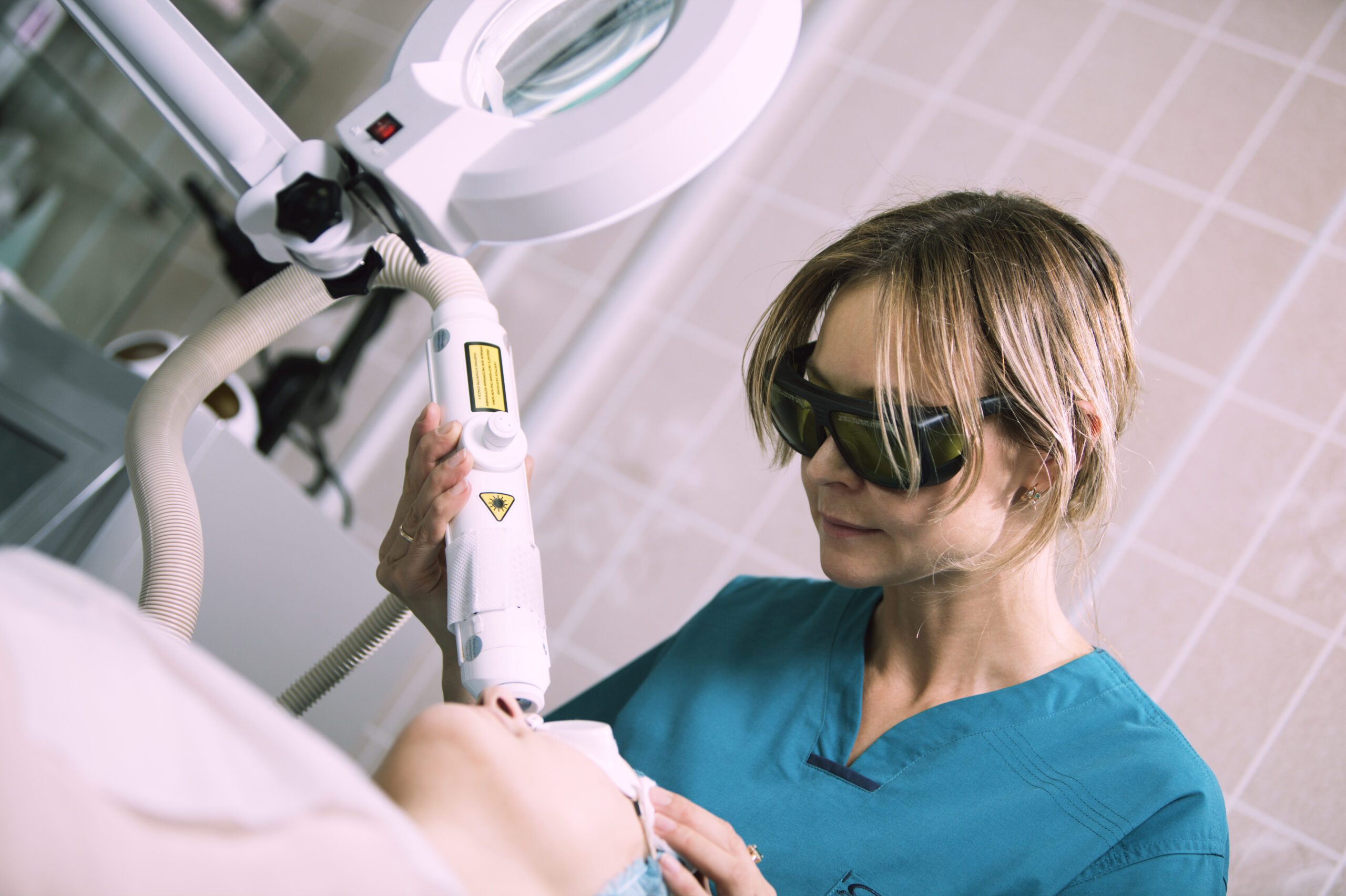Acne is one of the most common skin conditions that affect people of all ages. It’s characterized by pimples, blackheads, whiteheads, and other types of blemishes on the face or body. While there are many myths surrounding acne, one of the most persistent ones is that it’s caused by a fungus. In this blog post, we’ll debunk that myth and explore the truth about what causes acne and how to treat it effectively.
One of the main reasons why some people believe that acne is caused by a fungus is because they see similarities between acne lesions and certain fungal infections. However, scientific research has shown that acne is not caused by a fungus but rather by a combination of factors such as hormonal imbalances, excess oil production, clogged pores, and inflammation.
Common Causes of Adult Acne and How to Treat Them
Adult acne can be particularly frustrating since it often occurs at a time when you thought you had left your teenage years behind. Some of the common causes of adult acne include stress, hormonal changes, poor diet, lack of sleep, and certain medications. To treat adult acne, you may need to use stronger treatments than those used for teenagers. This could include topical retinoids, antibiotics, and even oral contraceptives for women.

The Best Acne Treatments for Different Skin Types
Not everyone’s skin is the same, which means that different acne treatments will work better for different people. For example, if you have dry skin, you may find that harsh cleansers and exfoliants make your acne worse. On the other hand, oily skin may respond well to clay masks and toners. The best way to determine the right treatment for your skin type is to consult with a dermatologist who can recommend specific products and regimens based on your individual needs.
Preventing and Eliminating Facial Breakouts in Adults
While there’s no guaranteed way to prevent acne, there are several things you can do to reduce your risk of developing breakouts. These include washing your face twice daily with a gentle cleanser, avoiding touching your face, using non-comedogenic moisturizers and sunscreen, and getting enough sleep each night. If you do develop acne, don’t pick or squeeze your spots as this can cause scarring and worsen the condition. Instead, seek medical advice from a dermatologist who can prescribe appropriate treatments and provide guidance on lifestyle modifications to manage your acne.
In conclusion, while acne may not be caused by a fungus, it’s still a serious skin condition that requires proper management. By understanding the underlying causes and effective treatments, you can take steps towards achieving clearer, healthier skin.
